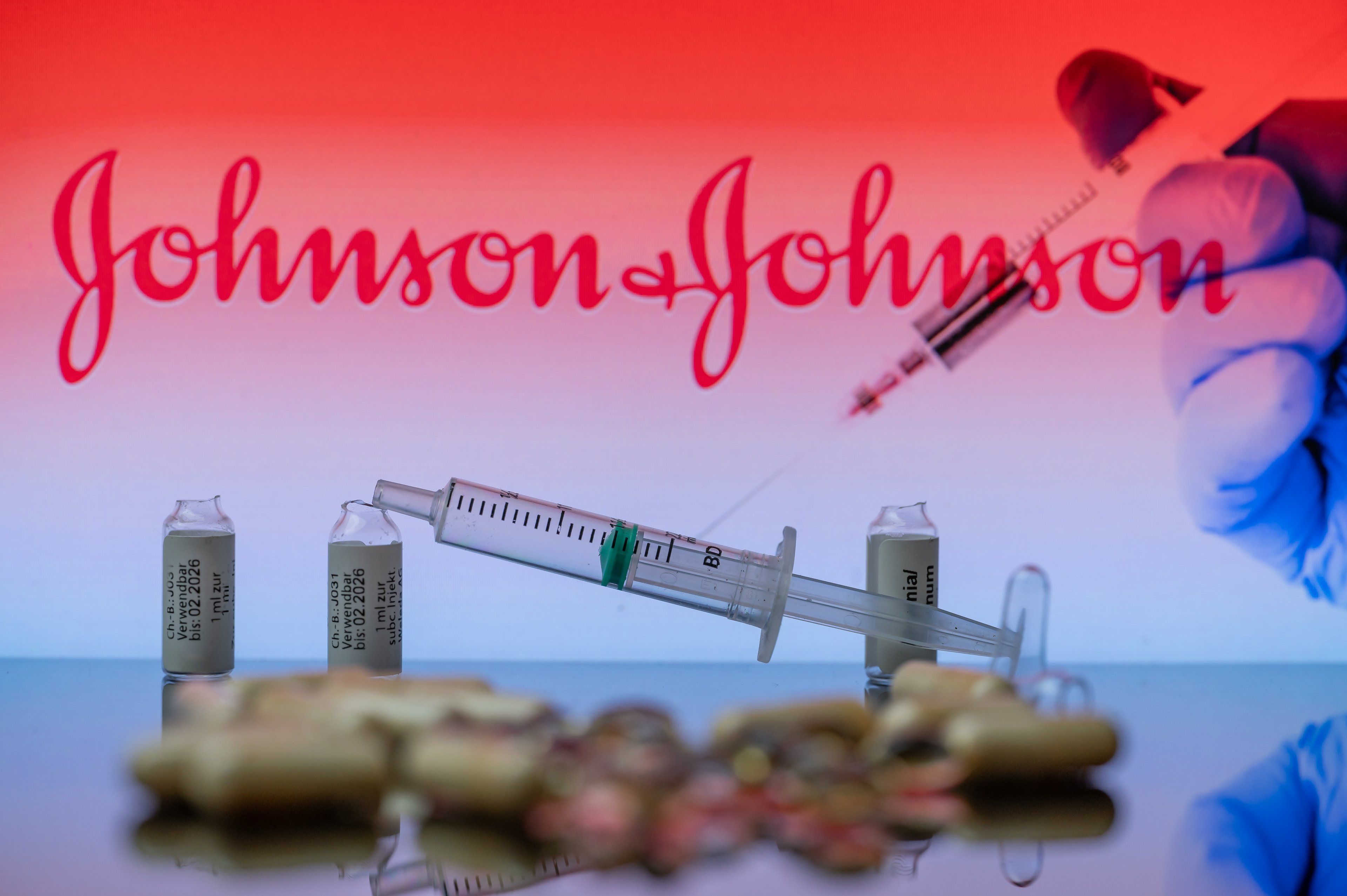What happened
After Reuters released a report indicating Johnson & Johnson (JNJ 0.21%) may have known for decades that asbestos was contaminating its baby powder and other talc products, shares in healthcare heavyweight lost more than 10% of their value on Friday.
So what
Allegations that asbestos-contaminated talc in J&J products may have led to mesothelioma or ovarian cancer in some people aren't new.

IMAGE SOURCE: GETTY IMAGES.
Lawsuits against the company and its famous baby powder have been filed as far back as the late 1990s, and juries have awarded billions of dollars to plaintiffs in cases this year alone. In July, 22 plaintiffs were awarded $4.69 billion in damages after a jury found that J&J's talc products baby powder and Shower to Shower caused ovarian cancer.
What is new, however, is Reuters' suggestion that J&J documents show the company was aware of the risk of asbestos contamination in its talc products as far back as 1957, when a consulting lab described "contaminants in talc from J&J's Italian supplier as fibrous and "acicular," or needle-like, tremolite." According to Reuters, "That's one of the six minerals that in their naturally occurring fibrous form are classified as asbestos."
Reuters pored over thousands of documents, some of which it says have never been reported publicly before, as part of its investigation and concluded that:
At various times from then into the early 2000s, reports by scientists at J&J, outside labs and J&J's supplier yielded similar findings. The reports identify contaminants in talc and finished powder products as asbestos or describe them in terms typically applied to asbestos, such as "fiberform" and "rods."
Now what
J&J was asked to comment on Reuters' findings, but instead, it directed inquiries to Peter Bicks, an outside lawyer. Bicks claimed to Reuters that its reporting is "false and misleading." As for the tests cited by Reuters, he called them an "outlier."
J&J's consumer goods business generates far less revenue than its medical device and pharmaceutical businesses, and baby powder sales only "contributed $420 million to J&J's $76.5 billion" in revenue in 2017. However, the financial impact of this report could stretch much further than crimping sales of J&J's talc products if it damages the company's reputation.
If the reporting has merit, then it could influence decisions in future lawsuits and cause more plaintiffs to come forward, potentially increasing the company's legal fees and resulting in even higher awards from jurors. J&J's got deep pockets, but since we don't know who knew what and when they knew it, it's probably best to approach this company's stock cautiously.






